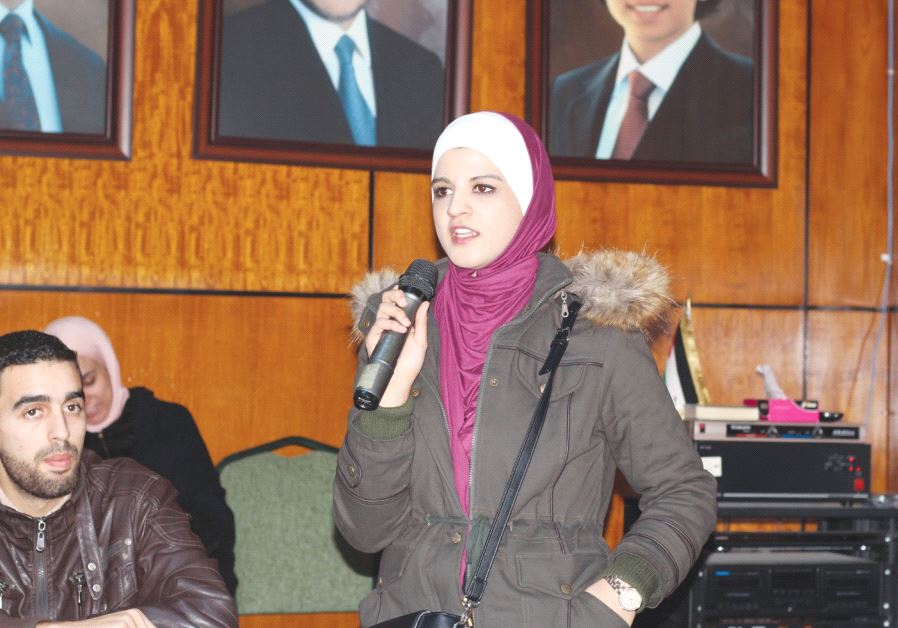Reading Agnon in Amman
We should not delude ourselves. Increasing the number of Hebrew-speaking Jordanians, Egyptians and Saudis will not bring peace.
 A STUDENT ADDRESSES the conference on Hebrew studies in Amman on December 22(photo credit: CENTER FOR ISRAEL STUDIES-AMMAN)
A STUDENT ADDRESSES the conference on Hebrew studies in Amman on December 22(photo credit: CENTER FOR ISRAEL STUDIES-AMMAN)